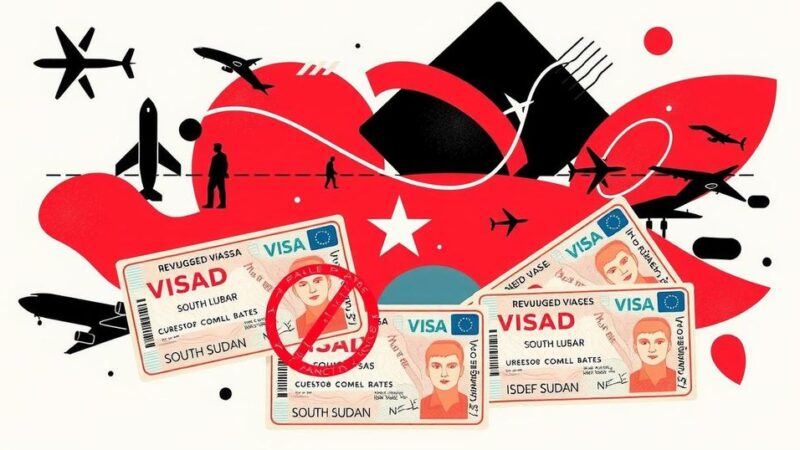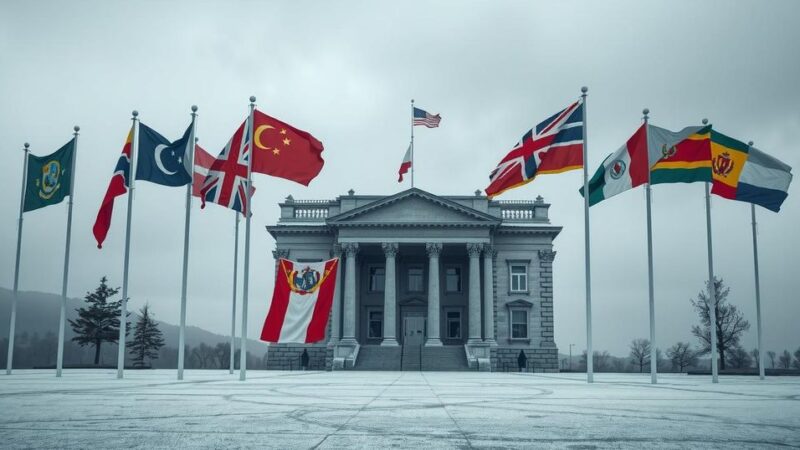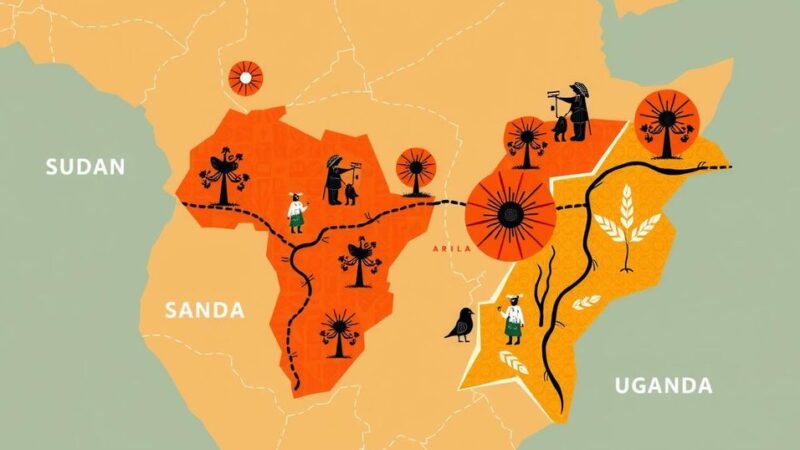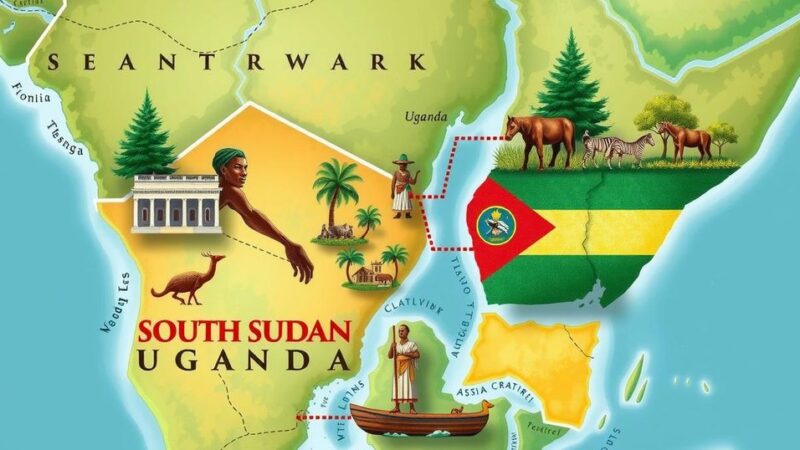“Worldmaking in the Long Great War” by Jonathan Wyrtzen reexamines the Middle East’s role in World War I, covering events from 1911 to 1934. The book reveals significant local struggles against colonial powers, offering insights into how these conflicts shaped modern borders and political dynamics. The author highlights pivotal anti-colonial movements and suggests a more nuanced understanding of the region’s history.
Jonathan Wyrtzen’s “Worldmaking in the Long Great War: How Local and Colonial Struggles Shaped the Modern Middle East” emphasizes the significant yet overlooked role the Middle East played during World War I. The book spans from 1911 to 1934, addressing pivotal events such as the Rif Wars, Kurdish revolts, and the Great Syrian Revolt, challenging the narrative that the region was a passive participant in colonial conflicts. Wyrtzen illustrates that the period presented multiple potential futures for the Middle East, marked by local resistance against colonial powers.
The implications of these early 20th-century conflicts resonate in contemporary issues, such as Da’esh’s actions against the Sykes-Picot Agreement. The author highlights past indigenous victories, countering claims that the defeat of entrenched Western forces occurred only at Dien Bien Phu. Notably, the Senussi victory in 1915 and various resistance efforts in the Rif Wars exemplified significant anti-colonial successes preceding other notable battles.
Religious movements played a critical role in shaping these anti-colonial efforts. The Sheikh Said Rebellion drew international attention, and the Senussi movement in Libya combined Sufi and traditional Sunni resistance against colonization. Additionally, Mussolini’s ambitions in the region are explored, revealing the far-reaching geopolitical consequences of local movements on colonial ambitions.
Wyrtzen’s exploration of Syrian affairs offers a profound analysis often absent in English-language literature, while his retelling of Ibn Saud’s consolidation of control in Saudi Arabia is also significant. The book’s geographic scope could benefit from including areas such as Somalia and Afghanistan, which experienced notably transformative conflicts in the post-World War I landscape.
This work contributes to a reevaluation of the Middle East as central to World War I history, countering depictions of the region as a romantic side show amid European conflicts. Wyrtzen adeptly analyzes lesser-known documents that reveal crucial moments where history might have significantly diverged, thereby redefining misconceptions about local agency in the shaping of modern borders and political dynamics in the region.
The Middle East has often been marginalized in discussions about World War I, despite the profound impacts the war had on the region. Recent historical analyses are shifting focus towards the essential role played by local actors and conflicts. Jonathan Wyrtzen’s book provides a fresh perspective on this period, revealing overlooked struggles and their lasting influences on modern Middle Eastern geopolitics.
Wyrtzen’s “Worldmaking in the Long Great War” challenges conventional views of World War I by emphasizing the Middle East’s active role in shaping its modern identity. The book highlights indigenous struggles and victories against colonial powers, offering critical insights into the region’s history. By repositioning the Middle East at the center of historical narratives, Wyrtzen opens new avenues for understanding contemporary conflicts stemming from this tumultuous period.
Original Source: manaramagazine.org






